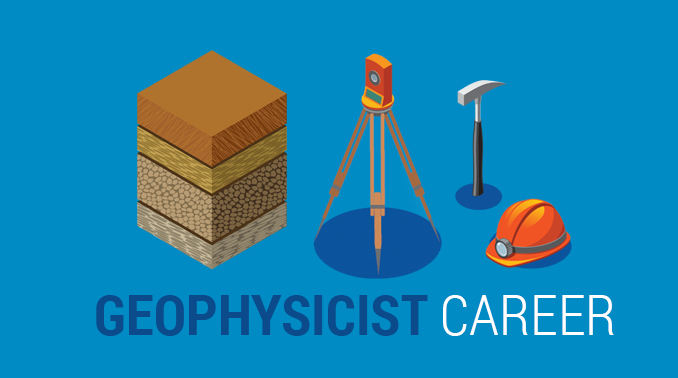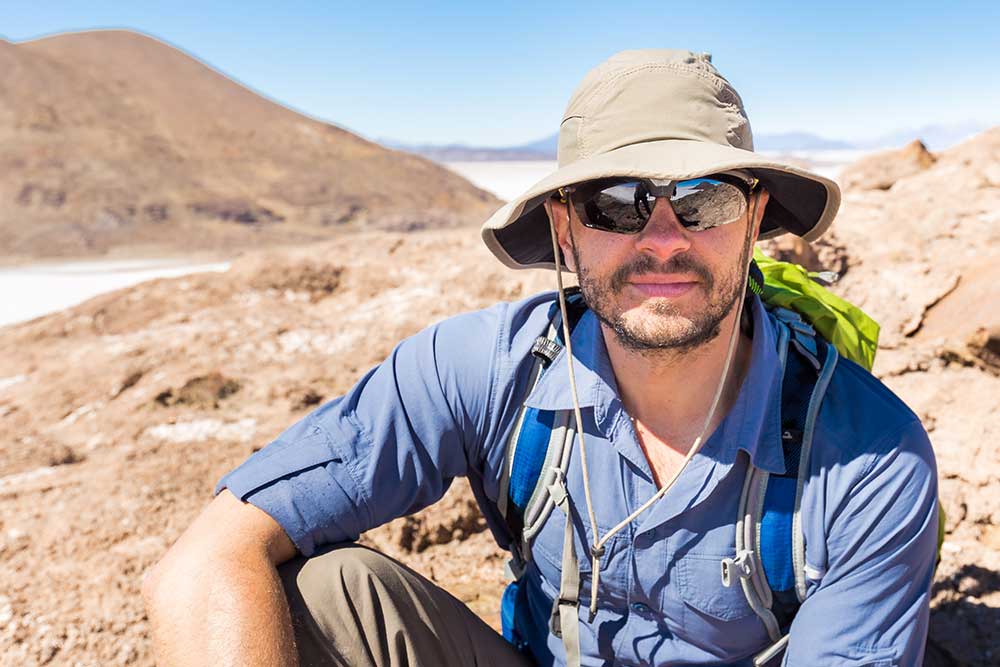All Categories
Featured
Table of Contents
What Does A Geophysicist Do? Role & Responsibilities in Yangebup Western Australia 2020
This work is significantly contracted out, so consultancies offer another source of work. Consultancy companies vary in size, from very small business to big multinationals. Some consultancies are quite specialised in utilizing specific geophysical strategies or operating in particular locations, while others use a more diverse variety of services to their clients.
The extraction of gas from garbage dump sites is another area of work and this might grow in the future. Expedition companies may carry out work for building firms, public utility, mining business and ecological companies, so geophysicists may be employed in any of these settings. Other companies include: geological surveysgovernment bodies and agenciesuniversities and research institutes.


Vacancies might be listed in the oil and gas sector press. Recruitment is impacted by oil cost changes and the level of competitors for positions varies depending on this. Careers Days, which cover the full variety of geoscience professions and are usually gone to by a number of essential market employers, are run by The Geological Society.
Geophysical Survey Flashcards in Wanneroo Oz 2022
Some of the large oil and gas business offer a full two-year structured training programme throughout the breadth of geophysics, including the chance to experience operate in different groups prior to specialising in one area. Your training may consist of work on: existing wellsmagnetic and gravitational prospective field data analysisresearchrock analysis. However, it's more typical for your initial training to be provided on the task.

There may be a probationary period during which you work alongside an experienced coworker. Competency-based appraisals happen regularly in most firms. In smaller sized firms, and for scholastic posts, there is not likely to be any official training - you'll be anticipated to start work straightaway and get skills as you go along.
If you work for a smaller sized business, you may find that you require to take obligation for arranging and moneying your own development and training. If you have a geology degree, membership of The Geological Society can be beneficial for networking and for maintaining to date with the industry.
Marine Geophysical Surveying - in Upper Swan Aus 2021
You might also find it helpful to sign up with the PESGB (The Petroleum Expedition Society of Great Britain, which has a geophysics unique interest group. After a probationary duration, and once you have actually acquired some experience, you might progress to senior geophysicist, then team leader and then into a senior role in management.
The ease of motion in between roles depends on the business structure. Study at Masters or Ph, D level in a subject associated to geophysics or geosciences may assist with your profession development and development. The employment market within the oil and gas industry is very depending on rate and this might impact your chances for career development.
Not all jobs are reliant on the oil and gas industries. For experienced geophysicists, freelance consultancy provides a great path for profession development. You can likewise specialise in a specific area of geophysics. As a geophysicist, you're likely to have several jobs throughout your working life. Worldwide mobility is vital for dealing with peaks and troughs in various countries at different times.
Working As A Geophysicist And Oceanographer In Canada in Bicton Australia 2023
From geophysics, it's possible to concentrate on seismology (finishing additional training to become a seismic interpreter) or to move into associated locations such as engineering geology or danger forecast.
Deciding what to study in college is a tough option. Even if you know that your field of interest lies in science, what program of study is ideal for you?
The first step to achieving your objective of becoming a geophysicist is making a degree. Even for entry-level positions in the field of geoscience, you'll require a bachelor's degree (a geophysicist college degree) from a recognized college or university. Geophysicists need to be able to: evaluate rocks, photos, and other pieces of data perform research both in the field and in labs produce maps and charts of their findings write reports To achieve all this, students need a specialized education for geophysicist professions.
As stated above, you'll require a bachelor's degree in geoscience or a related discipline, such as a physical science or a natural science, to land an entry-level task. Students can likewise prepare by majoring in subjects like: Biology Chemistry Computer science Engineering Mathematics Physics The above geophysicist majors provide a more generalized method to a single clinical discipline, but a lot of programs require trainees to take one or more geology course.
Latest Posts
Geophysical Surveys - U.s. Geological Survey in Wandi Western Australia 2023
Geophysics in Mount Claremont Aus 2020
Geophysical Survey in Casaurina Aus 2020